#indianism
Explore tagged Tumblr posts
Text


laying there wondering what i’ve done to deserve this ending
#arcane#jayvik#jayce talis#viktor arcane#artovna#slowly shifting back into my Indian posting time :]
34K notes
·
View notes
Text

A perfect snapshot of America in the trending articles from 12/6/24
#usa is a terrorist state#usa is funding genocide#usa politics#usa news#usa#trending news#trending#news#fuck ceos#ceos#ceo#brian thompson#uhc ceo#uhc generations#uhc shooter#uhc lb#uhc#united healthcare#unitedhealth group inc#ausgov#politas#auspol#tasgov#taspol#australia#fuck neoliberals#neoliberal capitalism#anthony albanese#albanese government#american indian
28K notes
·
View notes
Text

drew another indian miku‼️
i’ve always wanted to draw the sitar
#commissions open#hatsune miku#miku fanart#vocaloid miku#miku hatsune#fanart#vocaloid#indian#desi tumblr#desiblr#desi art
37K notes
·
View notes
Text
What accent coach is working magic behind the scenes of iwtv. A british man plays an american man with a thick new orleans accent that slowly fades to a standard american accent. Another british man plays an indian man with a french accent that morphs into a british accent. An australian man plays a french man with the strongest most unintelligible french accent youve ever heard
#iwtv#is this readable#interview with the vampire#yall ever think about louis slowly losing his accent while claudia kept hers. i do.#BTW when i call armand indian ik its an oversimplification since he predates india as a country but yk what i mean
12K notes
·
View notes
Text


Fat booty Indian got dem cakes on her 🥴🍑 dat body perfect 💯
Hit me for full 💰💰💰
#thick babe#ass so phat#big juicy ass#indian#fatty#phatt azz#sexy curves#thick and juicy#curvy chicks#scrumptious
4K notes
·
View notes
Text




Indian Leopard (Melanistic) | Maxim Korenyugin
#photo#felidae#pantherinae#panthera#panthera pardus#panthera pardus fusca#leopard#indian leopard#aberrant#melanism
13K notes
·
View notes
Text
take a moment to read indian election news!! india has voted against the ruling fascist party. while they will resume government they will need to forge alliances and have lost multiple strong members of parliament. and all this despite them controlling the media and jailing their opposers! this is SUCH an important reminder that u shld never ever underestimate the power of a vote
#global politics#politics#india#bjp#anti bjp#anti modi#current affairs#indian elections#elections#desiblr#international politics#international affairs#democracy
11K notes
·
View notes
Text

#maviyenot#couple#couple love#goals#photo#cute#romantic#hood#indian#india#picture#love#love quotes#couple aesthetic#couple photography#dark#soft#hidden#vintage#tragic#quotes#photography#artists on tumblr#preppy#mirror#pictures
11K notes
·
View notes
Text


#sexy chick#ms sethi#ms.sethii#ass jiggle#beauttiful girls#sexy and beautiful#sexy indian#so hot and sexy#sexy pose#photo sexy
5K notes
·
View notes
Text
Vintage Photos of Queer Couples of Color

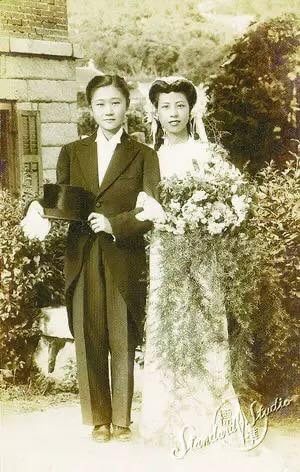


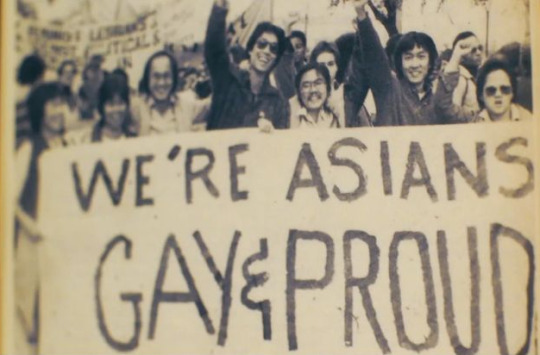
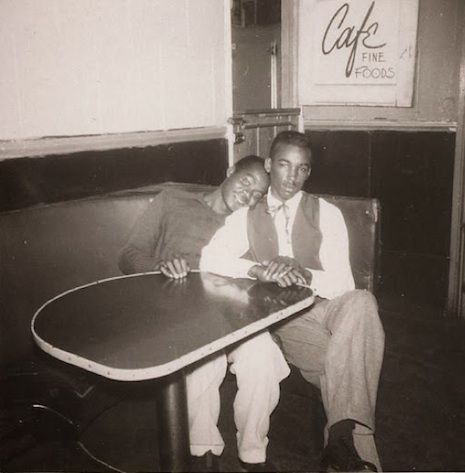

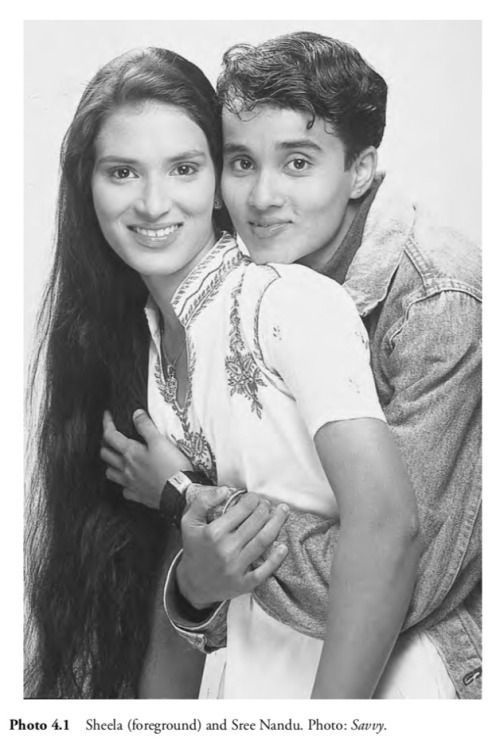
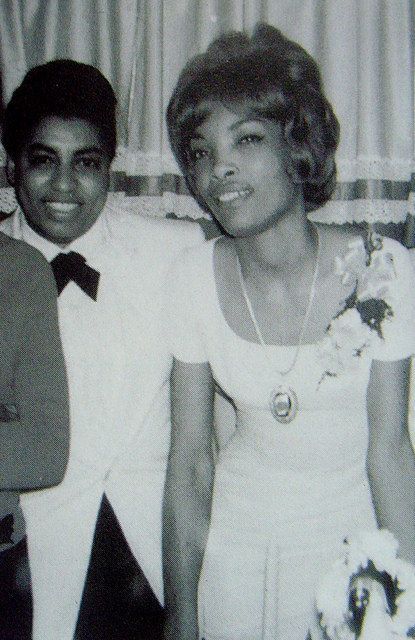

#queer#sapphic#lesbian#wlw#mlm#mlm post#mlm positivity#wlw yearning#wlw love#wlw positivity#queer history#black lesbian#gay man#black queer#black women#indian#desi#asian#lgbt pride#lgbtqia#lgbtq#lgbtq community#gay
21K notes
·
View notes
Text

Everybody's a Republican now
#Everybody's a Republican now#usa is a terrorist state#usa is funding genocide#usa politics#usa news#usa#american indian#american#america#ausgov#politas#auspol#tasgov#taspol#australia#fuck neoliberals#neoliberal capitalism#anthony albanese#albanese government#republicans#fuck the republikkkans#republikkkan hypocrisy#republikkkan stupidity#republikkkan traitors#america is a hellscape#america is a terrorist state#america is dead#america is a failed state#america is committing genocide#amerika
6K notes
·
View notes
Text

indian miku !!
#commissions open#hatsune miku#miku fanart#miku hatsune#vocaloid#fanart#indian#desi tumblr#desi art#desiblr
14K notes
·
View notes
Text
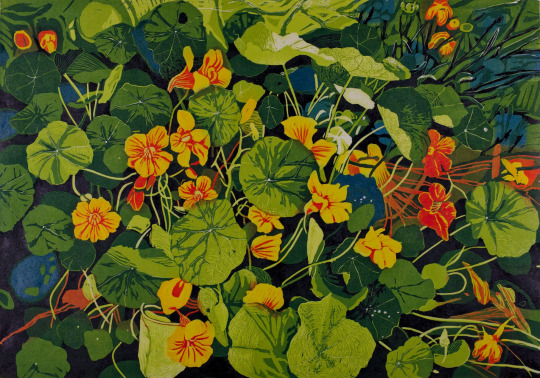
Indian Cress - Teija Lehto
Finnish, b. 1965 -
Woodcut , 43 x 61 cm.
4K notes
·
View notes
Text
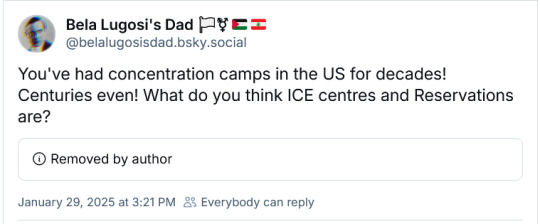
2K notes
·
View notes